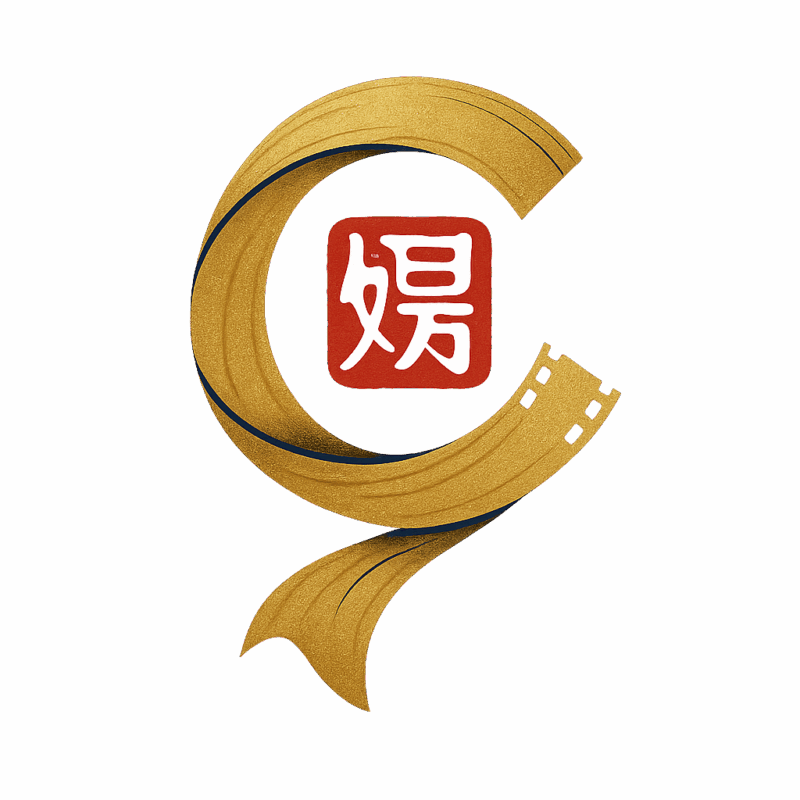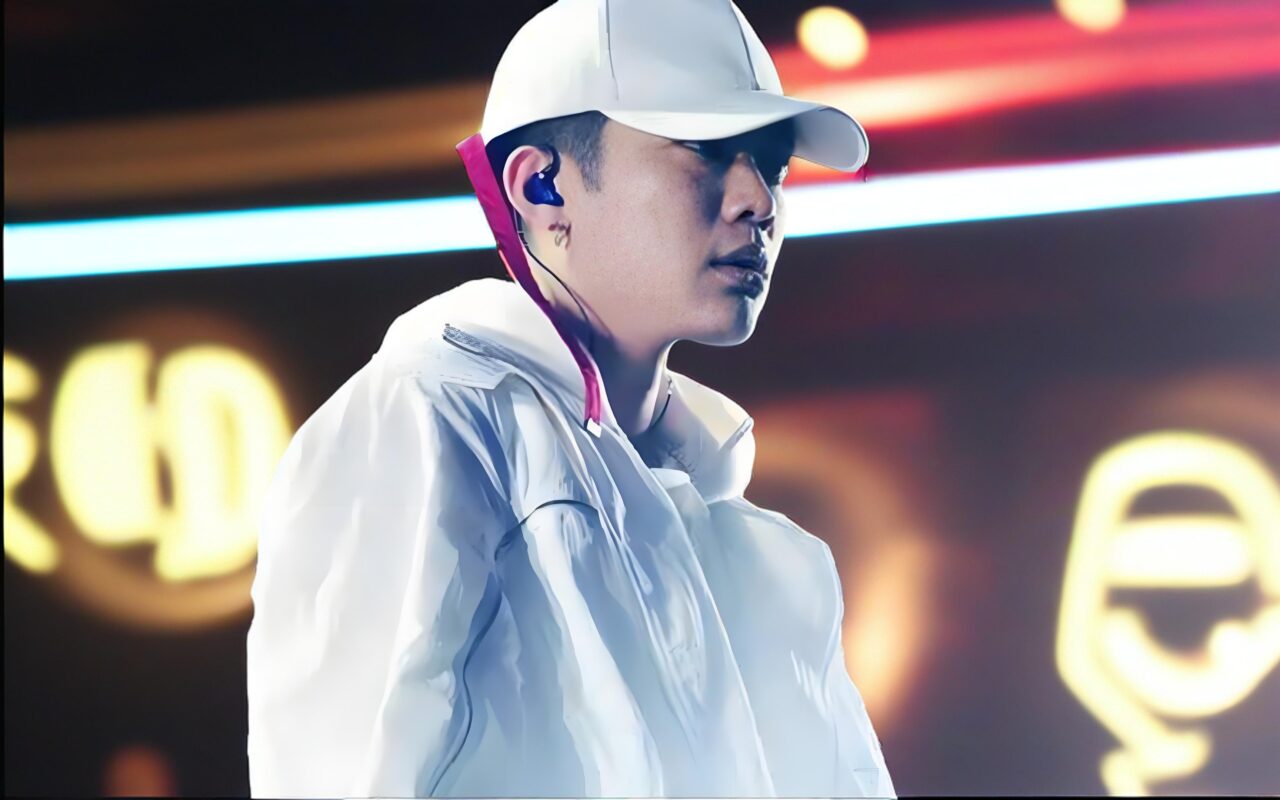Real Name: Wang Hao (王昊)
Stage Name: PG One
Date of Birth: April 19, 1994
Place of Birth: Harbin, Heilongjiang, China
Nationality: Chinese
Occupation: Rapper, Songwriter
Genres: Hip-Hop, Rap
Years Active: 2017–present
Social Media: Active on Weibo (though several accounts have been suspended at times)
Notable Achievements: Winner of The Rap of China (2017)
Early Life and Background
Wang Hao, better known by his stage name PG One, was born on April 19, 1994, in Harbin, Heilongjiang Province, China. Growing up in a northern industrial city known for its long winters and rich cultural mix, Wang Hao was exposed to various music genres, but it was American hip-hop that sparked his passion for music. He was particularly drawn to the style and rhythm of hip-hop, which was still relatively new in the Chinese music scene at the time. He began to immerse himself in the culture, studying influential American rappers like Eminem, Lil Wayne, and Tupac Shakur.
His introduction to hip-hop came as a form of personal expression during his teenage years. Like many young people who turn to music as an outlet for emotions and frustrations, Wang found solace in writing and performing rap. What began as a hobby soon developed into a serious pursuit as he started honing his craft. His stage name, PG One, stands for “Playground One,” a reference to basketball courts, which were a big part of his teenage life. His interest in rap grew alongside his love for basketball, both of which he viewed as outlets for channeling his energy and ambitions.
Despite coming from a middle-class family with no direct ties to the entertainment industry, Wang Hao’s determination to succeed in music led him to seek opportunities in the burgeoning Chinese hip-hop scene.
Rise to Fame: The Rap of China
PG One’s rise to fame came in 2017 when he participated in The Rap of China (中国有嘻哈), a reality TV competition that introduced Chinese audiences to hip-hop and brought the genre into the mainstream. Produced by iQiyi, the show quickly became a cultural phenomenon, drawing millions of viewers and shining a spotlight on underground hip-hop artists. PG One’s aggressive rap style, lyrical flow, and charismatic stage presence made him one of the standout performers of the season.
He distinguished himself with his powerful performances, winning over both judges and viewers. His performance of the song “H.M.E” (《在下HME》) during the competition became a defining moment in his career. The track, which emphasized his skills as a fast rapper and lyricist, resonated with younger audiences, who saw PG One as a voice for their generation.
Throughout the competition, PG One showcased a diverse range of lyrical topics, often touching on personal struggles, social issues, and his love for hip-hop culture. His blend of confident delivery and meaningful lyrics made him a fan favorite. In the final, PG One emerged as the co-champion of The Rap of China alongside fellow rapper GAI. Winning the competition catapulted him into national fame, and he became a symbol of the hip-hop movement in China.
Musical Style and Influence
PG One’s musical style is deeply influenced by American hip-hop, particularly the aggressive, rapid-fire delivery of Eminem and the emotional storytelling of Tupac. He is known for his versatility, being able to switch between fast rapping, melodic hooks, and emotionally charged verses. His ability to rap quickly and clearly in Mandarin sets him apart from many other rappers in the Chinese hip-hop scene.
Lyrically, PG One often focuses on personal themes such as overcoming adversity, the challenges of growing up in a working-class environment, and his experiences as a young man navigating fame. His lyrics are frequently introspective and raw, touching on emotional topics such as family, loyalty, and the struggle to stay true to oneself in the face of external pressures. At the same time, he is also known for his braggadocio, a common trope in hip-hop, where he boasts about his skills and success.
Musically, PG One’s tracks often blend traditional hip-hop beats with modern trap influences. He uses heavy basslines, sharp snares, and atmospheric synths to create a moody and intense sound. His collaboration with Chinese producers has allowed him to introduce more localized elements to his tracks, making his music accessible to Chinese audiences while staying true to global hip-hop aesthetics.
Controversies and Scandals
Despite his early success, PG One’s career has been marred by multiple controversies, many of which have significantly impacted his public image and career trajectory. Shortly after winning The Rap of China, PG One found himself at the center of a national scandal when some of his older songs resurfaced, drawing widespread criticism for their explicit lyrics.
In particular, his track “Christmas Eve” (《圣诞夜》) became a point of contention. Critics accused PG One of promoting drug use and misogyny in the song, with lyrics that referenced cocaine and derogatory remarks about women. As Chinese society tends to hold more conservative values, the backlash was swift. Various media outlets condemned the content of the song, and the government began to scrutinize the growing influence of hip-hop culture in China. As a result, PG One was forced to issue a public apology, claiming that his lyrics were inspired by Western hip-hop and that he was unaware of the negative impact they could have.
The controversy led to the removal of many of PG One’s tracks from Chinese music streaming platforms, and several of his social media accounts were suspended. Furthermore, he was banned from appearing on major Chinese television networks, effectively curtailing his mainstream exposure.
In addition to the lyrical scandal, PG One was embroiled in a high-profile personal controversy when rumors surfaced about an alleged affair with Chinese actress Li Xiaolu, who was married to actor Jia Nailiang at the time. The rumors led to intense media scrutiny, and PG One’s public image suffered another major blow. Although both PG One and Li Xiaolu denied the allegations, the incident had a lasting impact on his reputation.
Career Recovery and Recent Work
Despite the challenges he faced in the wake of these scandals, PG One has made efforts to rebuild his career. After a period of low visibility, he began releasing new music independently, primarily through online platforms and live streaming, as many mainstream outlets were no longer willing to support him. His fans, who remained loyal throughout the controversies, helped him maintain a presence in the industry.
In 2020, PG One made a partial comeback with the release of several singles, including “Red and Black” (《红与黑》), which addressed some of the hardships he had faced during his career. In his lyrics, PG One expressed regret for his past mistakes and hinted at the emotional toll that the public backlash had taken on him. The release of these new tracks showed that, despite being sidelined by the mainstream media, PG One still had a dedicated following and the ability to create compelling music.
His subsequent projects, such as the mixtape Phoenix (《凤凰》), reflected his desire for redemption and a fresh start. PG One leaned into more introspective themes, discussing his personal struggles, isolation, and the lessons he learned from the controversies that nearly ended his career.
Personal Life and Public Image
PG One’s personal life has been the subject of much public interest, especially following the affair allegations and the subsequent media storm. Although the rumors have never been fully confirmed, they had a lasting effect on his image, painting him as a controversial figure in Chinese entertainment. Unlike many Chinese celebrities who try to maintain a squeaky-clean image, PG One has often embraced his reputation as a “bad boy” of the Chinese rap scene, even as it has cost him commercial opportunities.
Despite the controversies, PG One maintains a strong connection with his fanbase, many of whom appreciate his unapologetic attitude and raw authenticity. His fans, known as “One Army,” are highly dedicated and have supported him through the ups and downs of his career, helping to keep his music alive even when traditional media outlets have turned their backs on him.
Legacy and Influence
PG One’s influence on Chinese hip-hop culture is undeniable. He played a significant role in bringing hip-hop into the mainstream in China, helping to popularize the genre among younger audiences. Despite his controversies, PG One’s technical abilities, lyrical flow, and charisma have left a lasting impact on the Chinese rap scene.
As one of the first rappers in China to break through to mainstream success, PG One’s journey has inspired many young hip-hop artists in the country. His ability to recover from scandal and continue making music demonstrates his resilience and passion for the art form.
PG One’s story reflects both the rapid rise of Chinese hip-hop and the challenges that come with being an artist in a society that is still adjusting to the bold, often provocative nature of the genre. His contributions to the development of Chinese hip-hop, along with his turbulent career, make him one of the most fascinating figures in the Chinese music industry.

